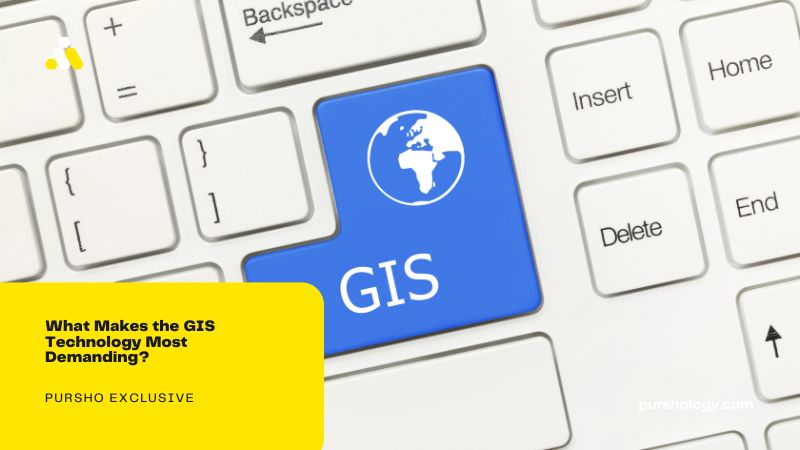These days, (Geographic Information System) GIS technology has become very crucial in almost every field. It can collect, interpret, and represent special data, which makes it essential for decision-making. It comes with plenty of benefits, which makes it most demanding in the field of geographical data, regardless of how many satellites are there in space.
Resource Management and Planning
When we talk about resource management and planning, the use of GIS technology becomes essential. It provides in-depth knowledge about the geographical distribution of needs and assets that helps in the allocation of resources in the right way.
Effective resource management and planning strategies play a significant role in the growth of every sector. If you know how to manage the resources properly, you can make your business grow in no time. This is why people consider using GIS technology because it helps all the sectors including water management and forestry planning in:
- Optimizing resource utilization
- Promoting sustainable practices
- Minimizing waste
Environmental Monitoring and Conservation
GIS technology plays a vital role in the world of environmental science. GIS applications that can track endangered species, monitor ecosystems, and evaluate the effects of human activity on the environment have a positive impact on conversation efforts. Researchers and decision-makers can create plans to save biodiversity and slow down environmental deterioration by displaying spatial data.
Improves Infrastructure Management
GIS technology has enhanced various aspects of assets such as planning, construction, and maintenance, which has completely revolutionized infrastructure management. GIS enables accurate mapping and analysis of infrastructure including sectors like utilities, roadways, and telecommunication networks. This helps in:
- Reducing cost
- Optimizing infrastructure development
- Ensuring the long-term durability of constructed asserts
Analysis For Accurate Decision-Making
The ability of GIS technology to perform spatial analysis is one of its main benefits. Organizations can make better judgments by integrating geographic data. Decision-makers may find valuable knowledge by using GIS to identify patterns, trends, and correlations within spatial data. This capacity is especially important for:
- Corporate optimization
- Environmental management
- Urban planning
Emergency Management And Disaster Response
GIS technology is a very useful tool for emergency responders in times of crisis. Quick mapping of affected regions, risk assessment, and evacuation route planning can significantly improve disaster response operations. Additionally, GIS helps with post-disaster analysis, which makes future occurrences better prepared for.
Conclusion
GIS has become a vital tool in the data-driven world of today. The uses and advantages of GIS are expected to grow as technology develops, creating more resilient and sustainable communities.




